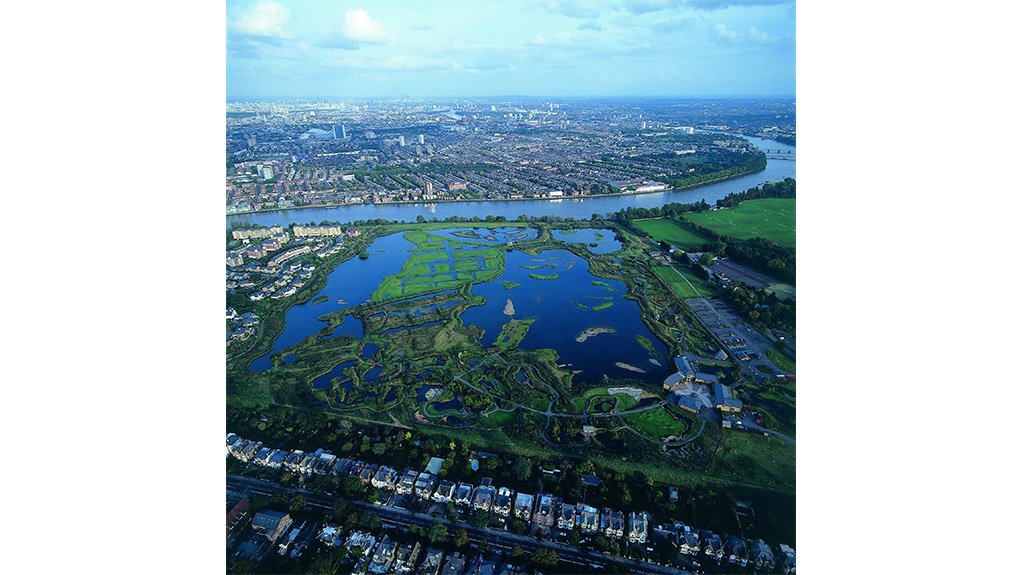
Increasing numbers of cities worldwide risk reaching Day Zero, with taps running dry, and exacerbating the effects of climate change, unless they start actively managing and improving the resilience of their entire water basins, warns a new report by global engineering consultancy Arup.
Cape Town’s recent water crisis has alerted major cities to threats to their water supply. According to the Arup report Cities Alive: Water for People, endorsed by the International Water Association (IWA) and launched at the IWA World Water Congress & Exhibition in Tokyo, cities need to expand what they might now consider ‘their’ water infrastructure to include the entire river basin on which they depend.
The report highlights that the world’s 100 largest cities occupy less than 1% of the planet’s land area, whilst the basins that provide their water resources cover over 12% and serve almost a billion people. Water basins are vital for supplying cities with water, collecting all the surface water and groundwater in the area. Cities impact stewardship for hundreds of miles. They have the potential to influence how their water basins are managed, yet they invest very little in them.
The report calls for more ‘upstream thinking’ in how cities approach water management. This means greater collaboration, working with landowners, businesses and local authorities further upstream to consider the water basin as a whole.
Understanding how a city’s water basin behaves does not only lead to better water management but can protect the local environment and ensure the wellbeing of residents. The Arup report outlines recommendations for successfully managing and maintaining water basins, including:
- Working Together - City governments, businesses and water organisations should be working with land owners and land managers further upstream to reduce flood risk, improve water quality and encourage more sustainable water sources.
- Working with nature - All basins are different; cities need to understand the flows of water, sediments, nutrients and ecology of their basins, to formulate and provide successful designs and solutions, such as Natural Flood Management (NFM). The Leeds Flood Alleviation scheme in the UK, for example, was developed after Leeds experienced widespread flooding for a number of years, most recently in 2015. It took a basin-wide approach in implementing landscaped natural flood defences (NFM), and adjustable weirs to improve water continuity. The scheme now protects 500 businesses and 3,000 homes. It has also provided new city spaces. Similarly in China, the Sponge City Programme implements NFM by using greenbelt, rainwater gardens, permeable paving, rainwater harvesting and detention ponds to combat serious flooding.
“It’s really about people taking responsibility for building water-wise cities - cities that are connected to their basins, designed in a water-sensitive way, and delivering services that are sustainable, flexible and robust,” states Corinne Trommsdorff, Programme Manager, Cities of the Future, International Water Association. “Building water-wise communities is the key to achieving that. Water for people is also water by people. IWA members are endorsing the Principles for Water-Wise Cities to drive this transition.”
The Cities Alive: Water for People report has been launched at the IWA World Water Congress & Exhibition 2018 in Tokyo, Japan. The Congress brings together the world’s leading water, environment and related professionals from more than 100 countries.
![]()